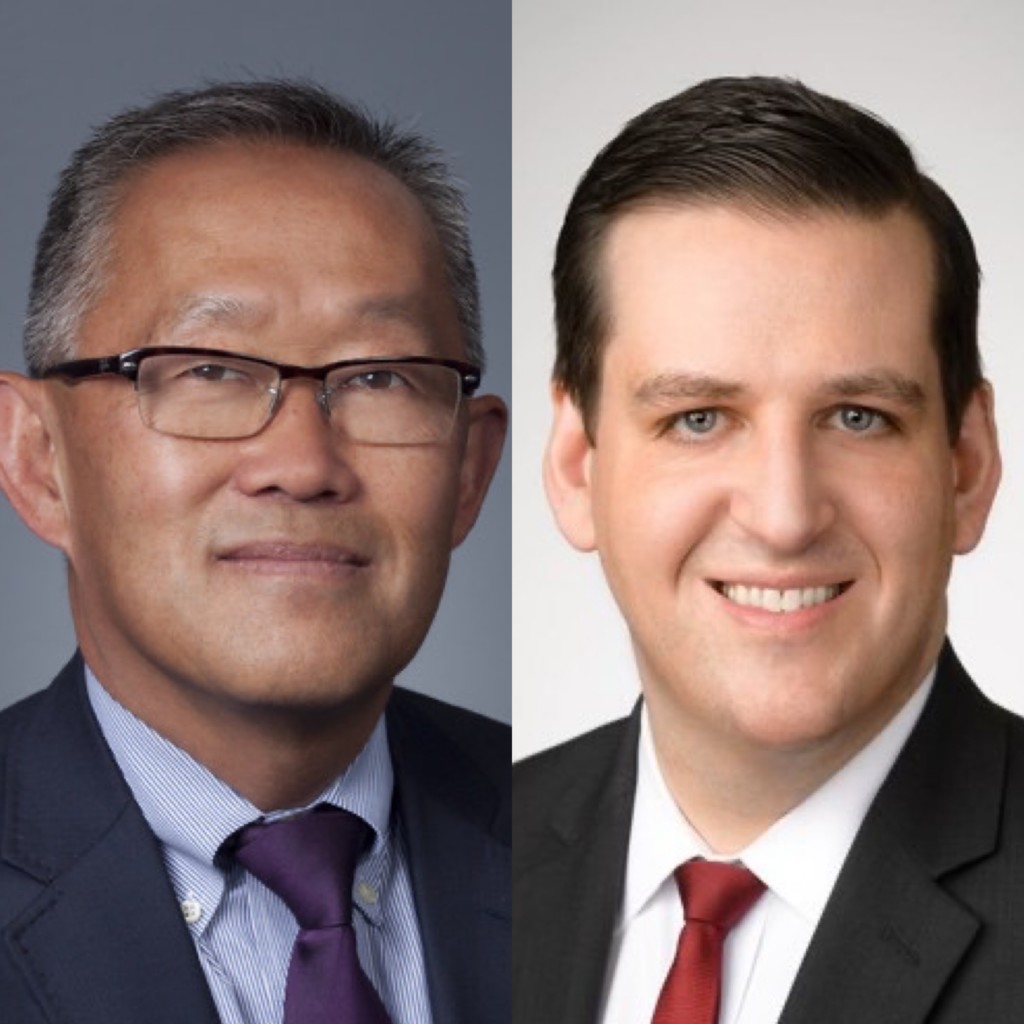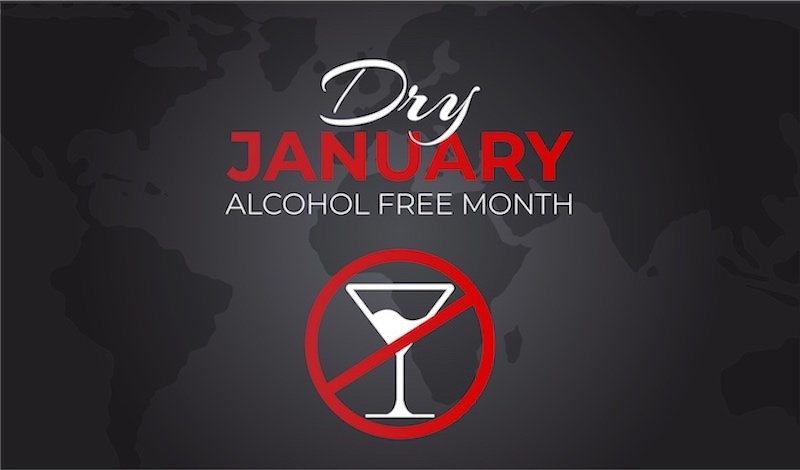Plus, Virginia’s new recovery high school, and more industry news
By Mark Mravic
New & Next: Legal
In the Wake of Roe Decision, Google Will Erase Healthcare Tracking Info
Among the many troubling ramifications of the Supreme Court’s ruling last month striking down Roe v. Wade is the threat to healthcare privacy. In response, Google announced last Friday that it will delete entries in a user’s location history that identify visits to medical facilities and other sites that could reveal sensitive personal information. Among the locations it mentioned were “counseling centers, domestic violence shelters, abortion clinics, fertility centers, addiction treatment facilities, weight loss clinics, cosmetic surgery clinics” and others.
The company said such entries would be automatically deleted “soon after” a visit, though it did not specify how soon and did not say how its system would determine how locales are identified as falling under its new policy. (Users can already control much of their data manually by managing their privacy settings.) Google also said it would continue to push back against “overly broad” demands from law enforcement for users’ tracking information.
“[N]o one should be confident that this majority is done with its work.”
Justices Breyer, Sotomayor and Kagan, in their dissent from the decision to overturn Roe v. Wade
Why this is relevant to Roe is clear. In the wake of the Court’s decision, which now allows states to outlaw abortion from the moment of conception, women wanting to undergo the procedure have already begun traveling to places where abortion rights are protected. But that option to travel, too, may soon be under threat. The Court’s ruling left unresolved the question of whether states could punish citizens who go outside the state to receive an abortion or who “aid and abet” such travel. Justice Kavanaugh, in his concurring opinion for the majority, assumed that the right to interstate commerce would prevent such punishment. But dissenting justices Breyer, Sotomayor and Kagan were less sanguine about where things are headed. “[I]nterstate restrictions will also soon be in the offing,” they wrote. “After this decision, some States may block women from traveling out of State to obtain abortions, or even from receiving abortion medications from out of State. Some may criminalize efforts, including the provision of information or funding, to help women gain access to other States’ abortion services. … [N]o one should be confident that this majority is done with its work.”
It’s that last line that should make the addiction treatment field take notice. The current battle lines are being drawn over abortion. But in this political climate, it’s not difficult to imagine a future in which governments and law enforcement agencies demand access to other private health information—including seeking addiction treatment.
Pregnant women who struggle with addiction are already at risk of being criminally charged through “fetal harm laws.” Now it’s conceivable that substance use while pregnant could be more widely prosecuted, even if women are actively trying to stop. As Dana Sussman, the acting executive director of the National Advocates for Pregnant Women (NAPW), told NPR, “[W]e are about to see the full reimagination of criminal and civil codes in this country in the states that have already redefined fetuses and fertilized eggs and embryos as children or as human beings.” Such new criminal codes could lean hard on Google and other data-tracking companies for information that would aid prosecutions, as visiting an addiction treatment facility or undergoing drug counseling while pregnant would itself serve as evidence of alleged fetal endangerment.
More widely, if states are now asserting complete control over pregnancy, what confidence should we have that activist legislatures and courts won’t take on other matters long held to be the private domain of the individual—including medical and health histories? Google’s move is one small step in anticipation of what may come.
New & Next: Facilities
Virginia Will Open Its First Recovery High School
The first high school in Virginia for students recovering from substance use is set to open in August in Chesterfield County, just south of Richmond. The pilot program, which is expected to have an initial student body of between 25 and 40, is being funded by $1.3 million in startup money from the state’s education budget, as well as $300,000 from the county’s Department of Behavioral Health and Developmental Services. The program is open to any student in 11 counties in central and southern Virginia who is “in the early stages of recovery from substance use disorder or dependency.”
The idea of recovery schools is to move students battling addiction or coming out of inpatient treatment into a supportive educational environment with counseling integrated into the school day, rather than reinsert them into a setting that may have contributed to substance use in the first place and could lead to relapse. The Chesterfield school will have counseling, clinical services and random drug testing, though it won’t pursue a zero-tolerance policy; relapses will be dealt with on a case-by-case basis. There will also be a mandatory career-oriented internship program. “The goal for us, first and foremost, is that students will leave with their high school diploma and options to go to college or into the workforce,” Chesterfield public school superintendent Mervin Daugherty told the Virginia Mercury. “The intent has always been to be as supportive of an environment as possible.”
Andrew Finch, associate professor at Vanderbilt’s Peabody College and co-founder of the Association of Recovery Schools, told the Mercury that there are at least 43 active recovery high schools in 21 states, with two more expected to open this year.
New & Next: People
RCA Bolsters Mental Health Leadership

Recovery Centers of America, which provides addiction treatment and mental health care across six states, has added two behavioral health experts to its leadership team, as it expands services to meet the growing need for substance use and mental health treatment. Hyong Un, MD, has been named Chief Medical Officer, in charge of the development and implementation of RCA’s clinical behavioral health strategy. He has three decades of experience in psychiatric healthcare and was previously Chief Psychiatric Officer for Aetna/CVS. Peter Vernig, PhD, MBA, has taken on the role of Vice President of Mental Health Services, overseeing the expansion of mental health services across RCA’s network, including inpatient, outpatient and digital health. He had been Chief Clinical Officer at Friends Hospital in Philadelphia.
Said Un: “World-class mental health care demands precision with diagnosis, treatment planning and delivery. All three elements have to align to meet the patient where they are with their recovery needs and their readiness to change.”
Top photo: firmbee.com














